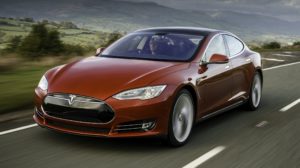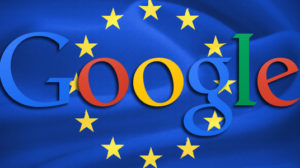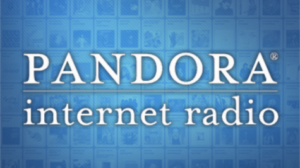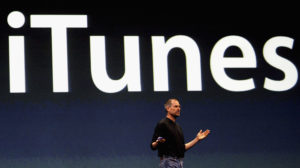A French decision on Caribbean yogurt muddies the difference between antitrust and consumer protection, which are quite distinct concepts in America.
There Go the French Again on Competition


A French decision on Caribbean yogurt muddies the difference between antitrust and consumer protection, which are quite distinct concepts in America.

The same underlying market power and distribution problems still exist in music licensing, just as they did in 1941.

Three high-level FTC staffers are backing Tesla in its ongoing fight to sell electric cars directly to consumers.

The collective assembly of a patent war chest by the oddly named Rockstar Consortium -— all of the otherwise competing rivals of Google in the wireless OS space — smacks of a horizontal conspiracy to raise rivals’ costs.

We’ve been discussing the FTC and EU investigations of Google’s search practices for more than two years. The latest FairSearch contentions represent a transparent attempt to forestall resolution of the European process, moving the goalposts in light of the failure of their dire competitive predictions. It is time for Commissioner Almunia and the EU to close up shop, settle and move on.

Thirteen months after the FTC settled its antitrust investigation of Google by flatly declining to regulate the company’s search practices, the EU is poised to do just that.

By winning the US v. Bazaarvoice trial without showing that post-closing competitive effects in the nascent market it chose to attack had not, in fact, been harmful to consumers, the Justice Department’s success may have done more damage to antitrust law — and the appropriate role for government predictions of market development — than they ever intended.

Making a predictive judgment about future competition in an existing market is quite different from predicting that in the future new markets will emerge.

Pandora’s antitrust lawsuit against ASCAP is a leading-edge dispute, scheduled for trial by year-end, that may help catalyze a new approach to the old question of whether — and if so to what extent — owners of copyrighted digital content are permitted to refuse to deal with competing distribution channels on dramatically different commercial terms.

The Ninth Circuit confirmed my prediction by tossing one of the private antitrust class actions against Apple, which had challenged the lawfulness of the proprietary DRM technology Apple initially used for downloadable digital music.